The newly appointed head of General Motors international operations, Stefan Jacoby, has admitted it was he who pulled the trigger on Holden’s factory closures -- and that no amount of government money was going to save them, even the so-called “blank cheque” offered by the Labor Government in the final days of the last Federal election.
Mr Jacoby also said the highly publicised outburst from Federal Treasurer Joe Hockey during Question Time, calling on Holden to “come clean” with its decision, had no impact on the outcome -- because the phone conference to decide Holden’s fate was happening at the same time.
“I proposed the decision and ... the final approval came from the board,” Mr Jacoby told Australian media at the Detroit motor show.
“After the Productivity Commission hearing we had all the elements together to make this decision. It was a very serious decision.”
When asked specifically about the Federal Government goading Holden during Question Time, Mr Jacoby said: “We are business driven. We have our own agenda and we are not pushed by anybody from the Australian government to make that decision.
“I initiated this decision, being the leader of these markets, and the decision was driven purely by business rationale.”
Mr Jacoby said the formal decision to shut the Holden car assembly line in Elizabeth and the engine plant in Port Melbourne was made at the highest levels of the company, and involved CEO Dan Akerson and members of the board who were called to an extra-ordinary board meeting.
The German-born former head of Swedish car maker Volvo -- previously a high ranking Volkswagen executive -- said Holden’s future was one of his top priorities after arriving at the company in August 2013.
Mr Jacoby confirmed the final call was made by the board and the GM leadership team just hours after the Productivity Commission hearings, after which Holden boss Mike Devereux said “no decision has been made”.
“The decision happened after the (PC) review,” said Mr Jacoby. “This was a very difficult decision that General Motors made ... and it had high top management awareness and involvement.”
Sounding a warning to Toyota -- which says it will make a decision by the middle of this year whether or not to close its Australian car factory by 2018 -- Mr Jacoby says car manufacturing is not viable in Australia, regardless of government assistance.
“We understand also that this decision has an impact on the entire automotive industry in Australia,” said Mr Jacoby. “Local production, even if would be a pure assembly (operation) doesn’t make any sense.
“Our business is driven by scale of economics, of productivity, of an efficient supplier industry … optimised logistics… Australia is just too small in these scales.”
Mr Jacoby said “I really reject … to say we demand something from the government” because the decision to close the factories would have happened any way.
“The decision was not made on any (government) incentives or any reduction of incentives”, said Mr Jacoby.
He said the Federal Government’s proposed Free Trade Agreements had an impact on the Holden shutdown.
“If you just see these rationales, (manufacturing in) Australia doesn’t make sense when you put this in a global context,” said Mr Jacoby.
“And since the market is so open, with a lot of Free Trade Agreements coming up, it is fundamentally impossible to produce vehicles in Australia, regardless of what the government is saying.”
Even if the Federal Government were to raise import tariffs it still does not make sense to build cars in Australia, he said.
“If they would make barriers and would truly support their local automotive industry it would lead to an uncompetitive business.”
Mr Jacoby said he didn’t visit the Holden factory or meet with unions or the government on his flying two-day visit to Australia in November because he was there to assess the business and test-drive cars.
He said he also didn’t visit factories or meet with governments at the other stops on his trip, which included South Africa, India, Korea and Thailand.
“I didn’t meet any government official there as well … I was focusing on the business and I was test driving cars,” said Mr Jacoby.
General Motors repeated its claim that the Holden name will stay after 2017, even though company insiders fear it may be changed to Chevrolet given that the company has been under pressure to make the switch before -- and there will be no more locally-made Holdens to protect.
“We made a clear commitment to stay with Holden in Australia,” he said.
Mr Jacoby admitted the end of local manufacturing may spark a short term sales decline but Holden hopes to bounce back.
“There will be a certain transition period and we are very much aware about this,” he said. “If you look at the poor numbers, Holden has lost half of its market share over the past 10 years.
“It’s another evidence if you focus on local manufacturing you are not truly competitive. (Eventually) I think we will at least stabilise our market share if not grow our market share.”
He said the next Commodore could come from the US, South Korea or Europe. News Corp Australia understands the next Commodore could be sourced from Buick, Chevrolet or Opel.








.jpg)

.jpg)
.jpg)












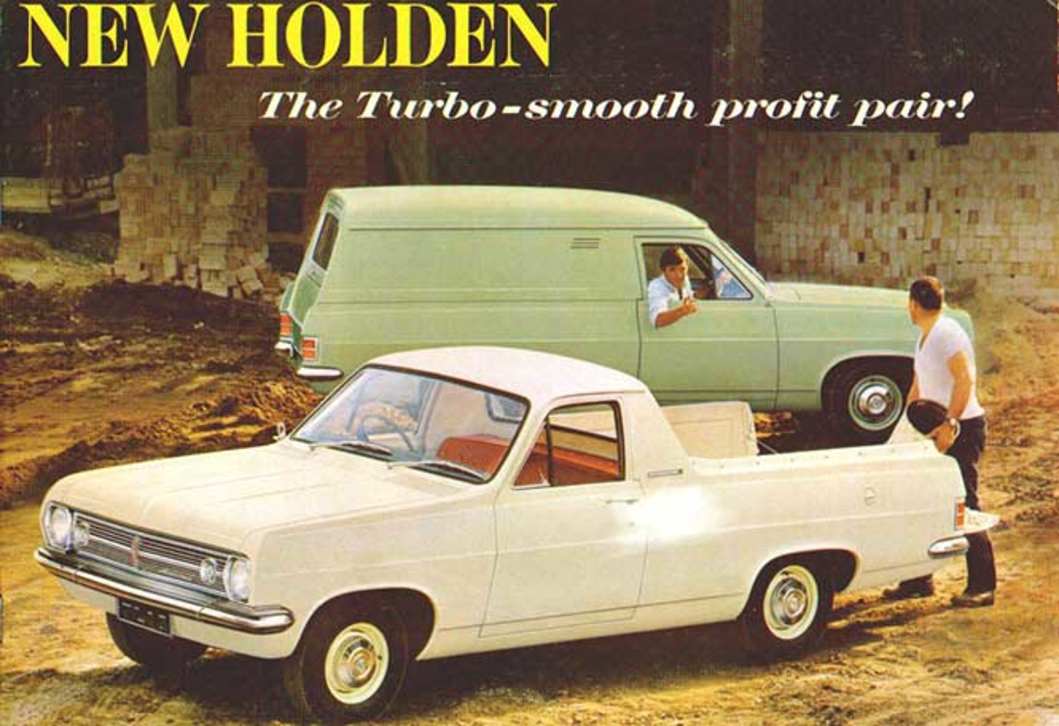








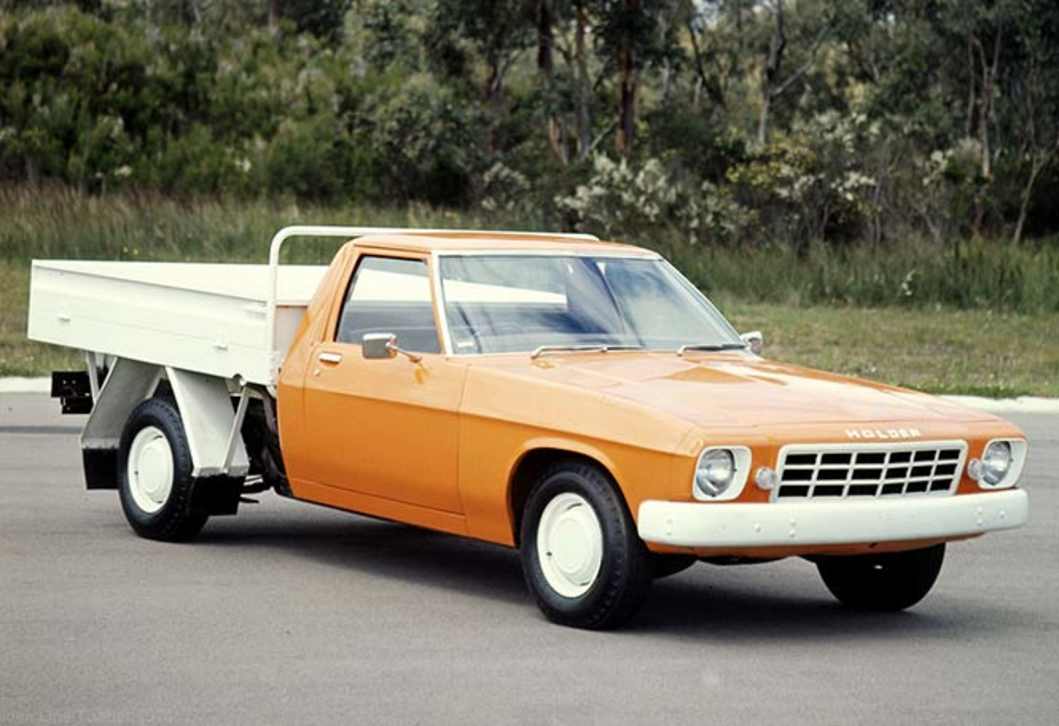
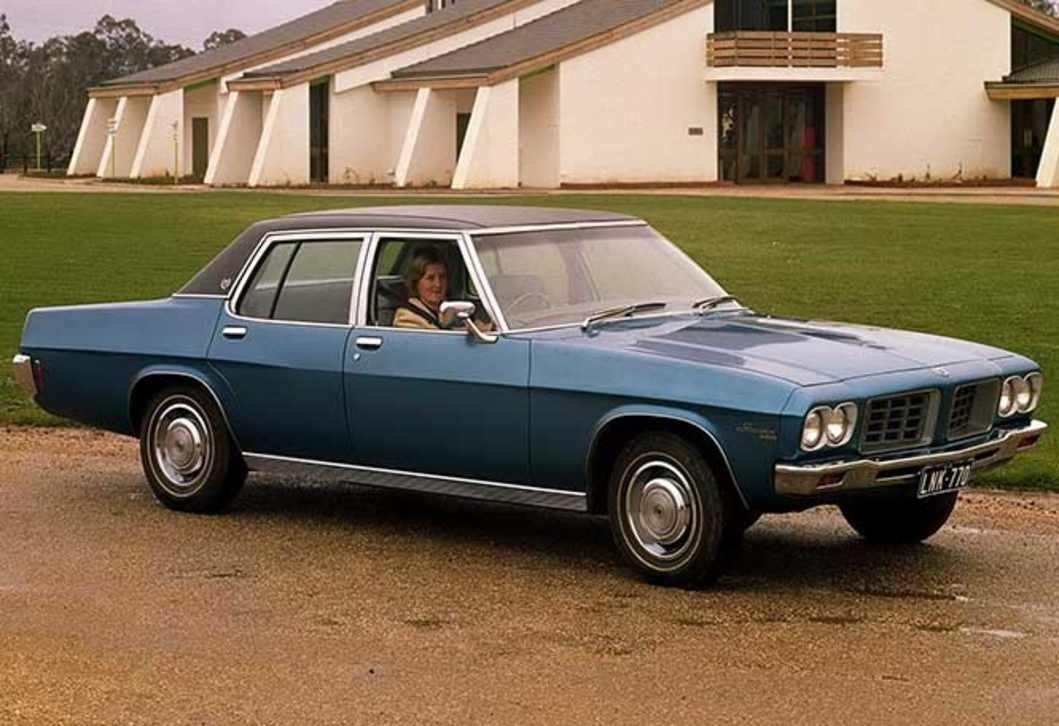

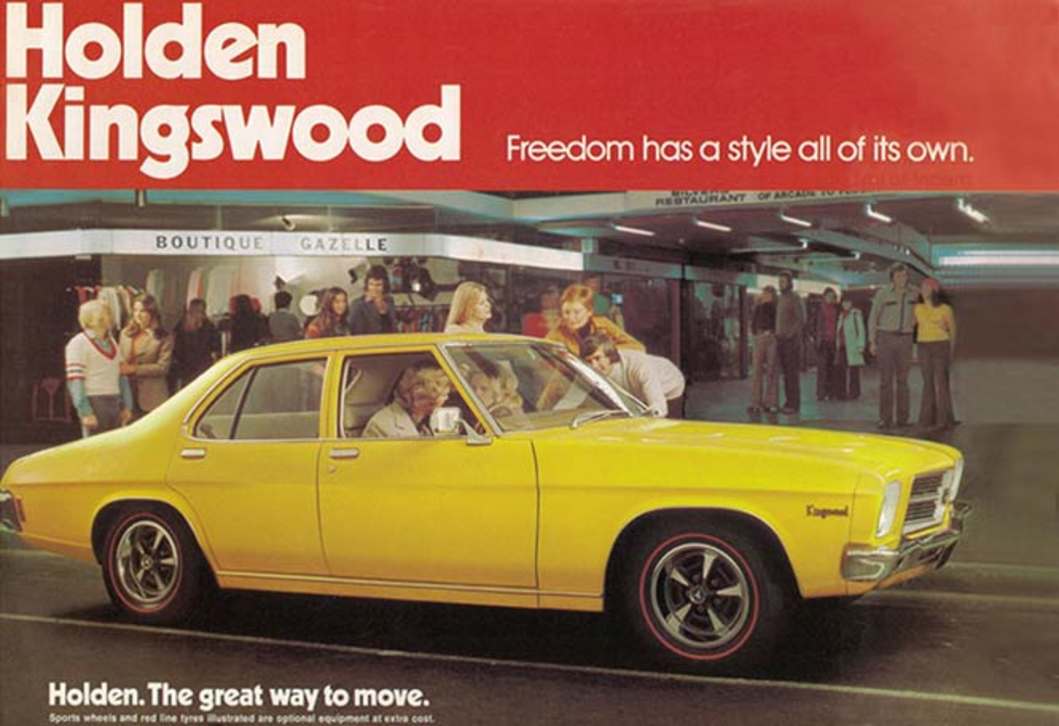


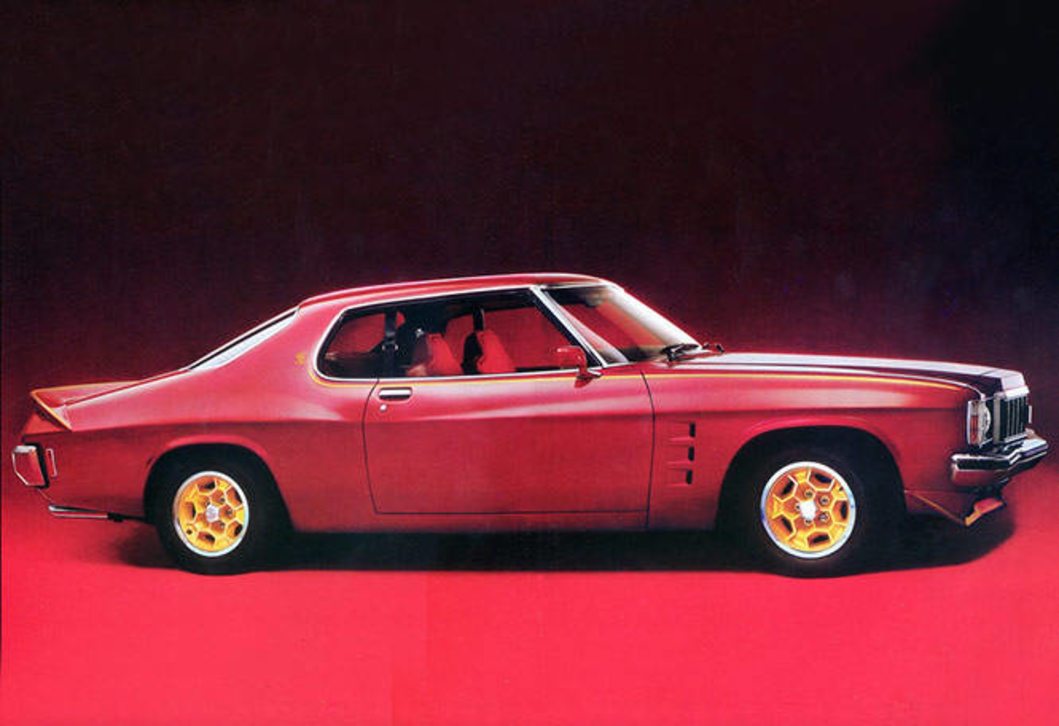






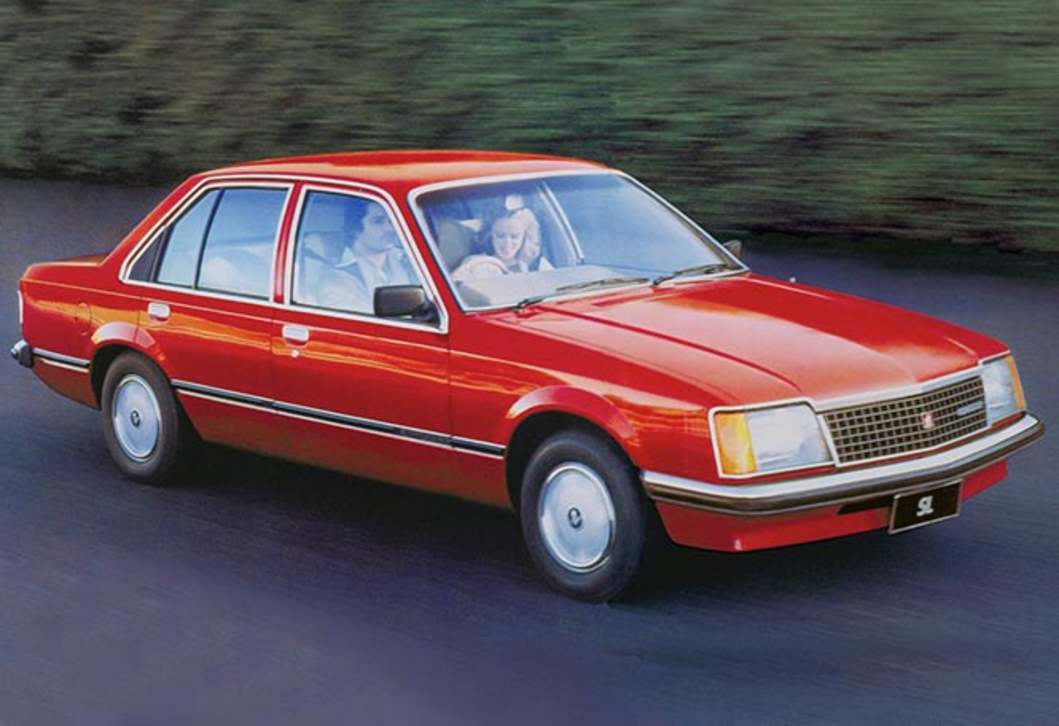

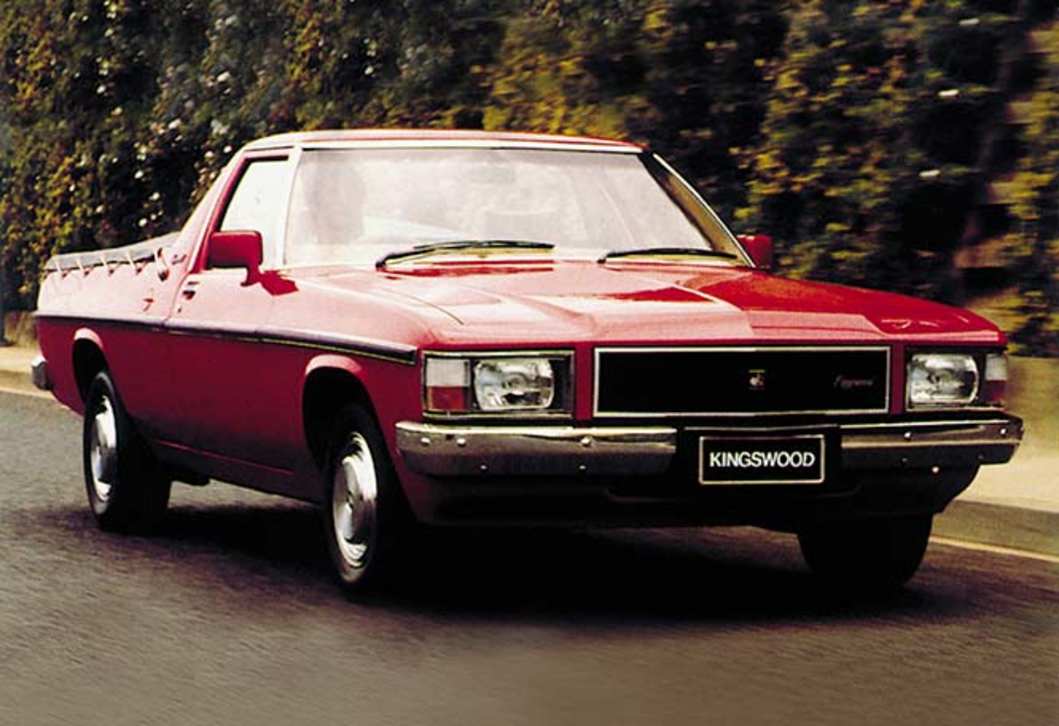
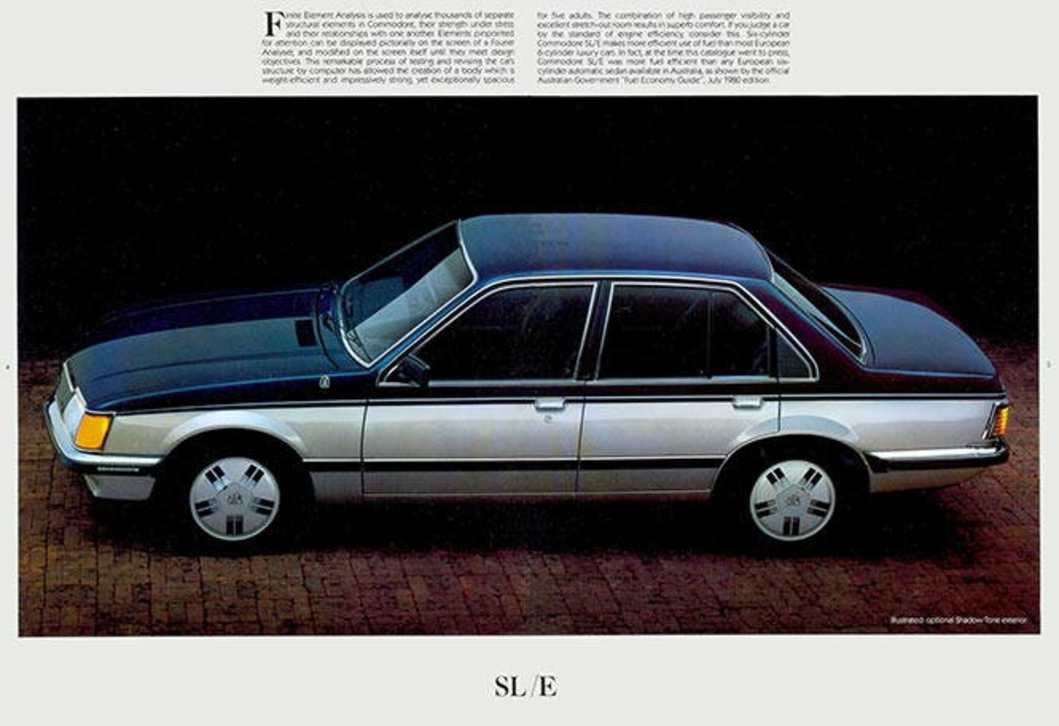



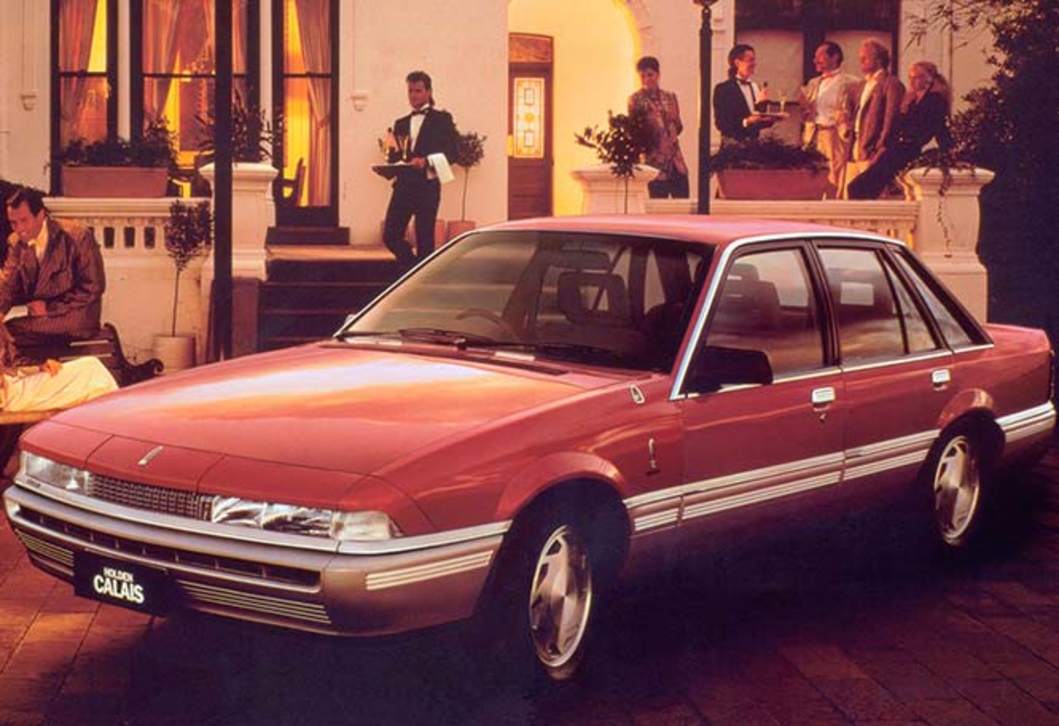

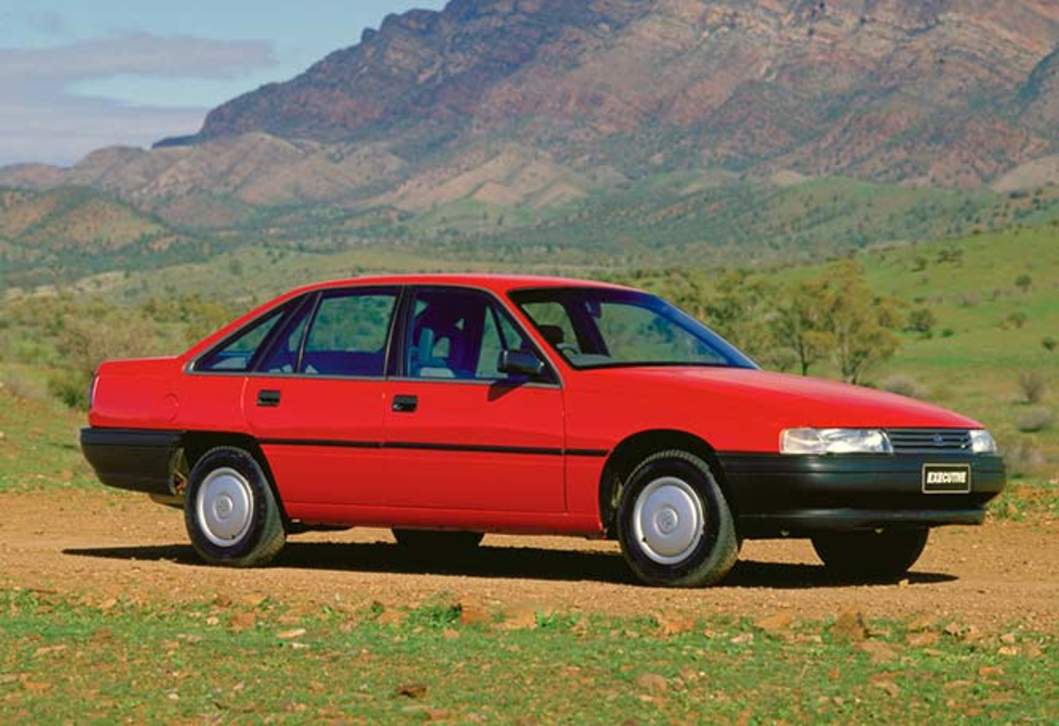







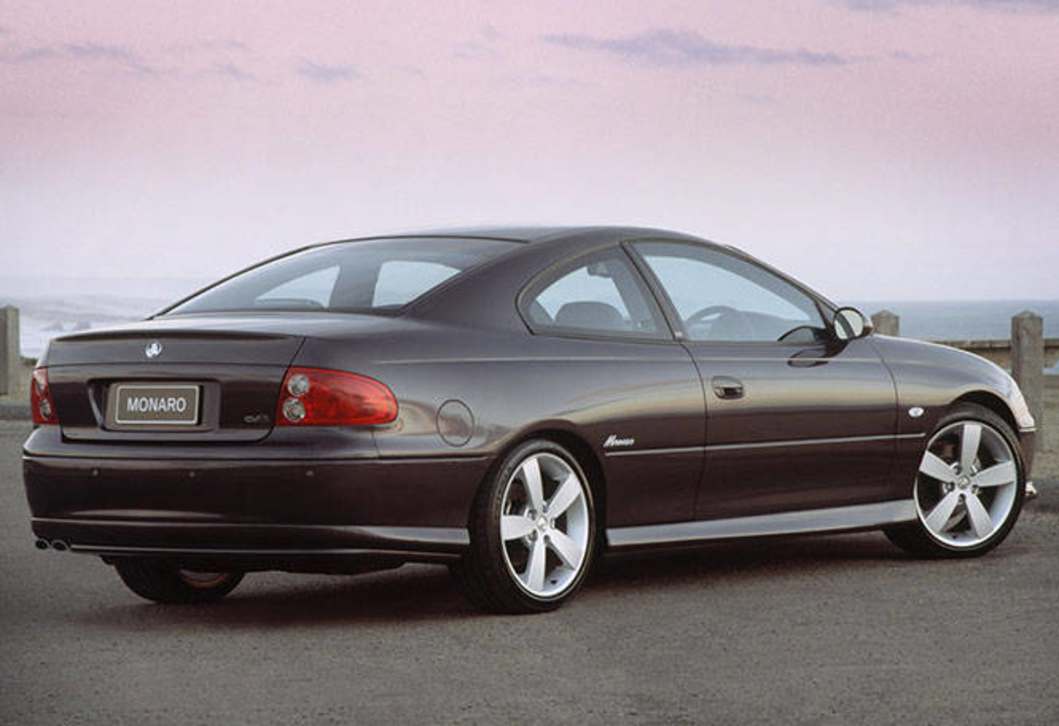


































































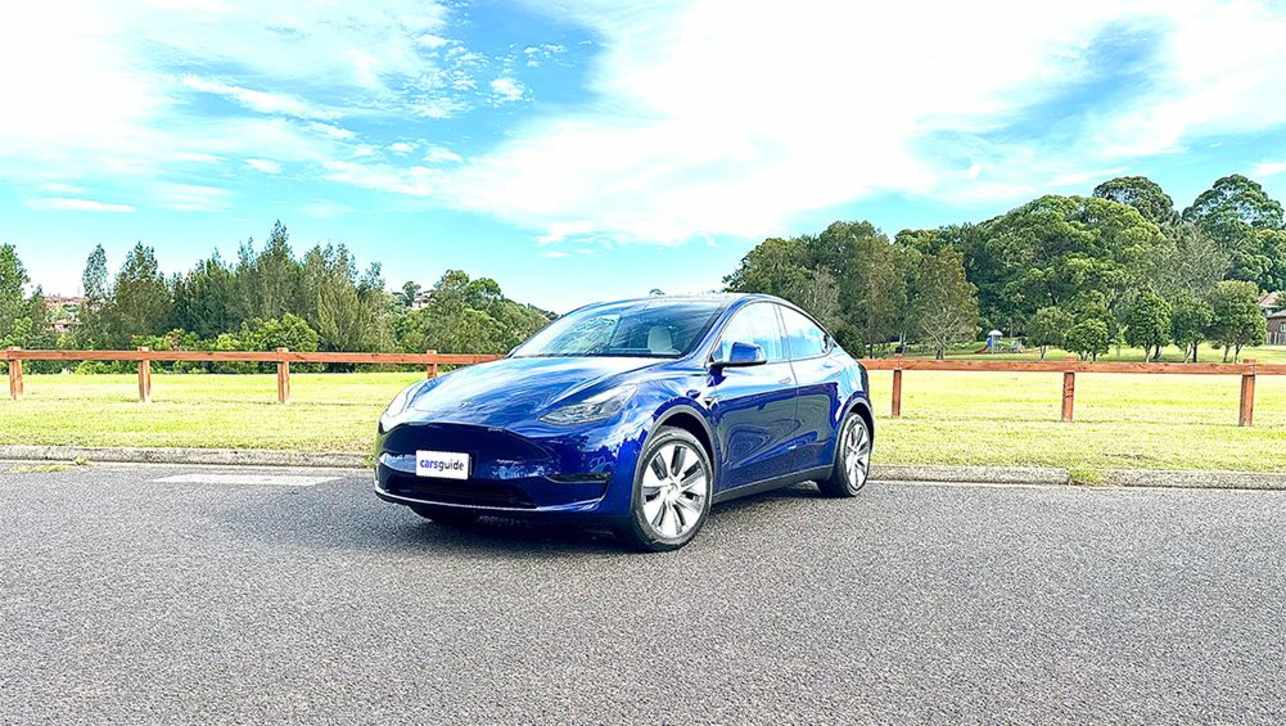
.jpg)

.jpg)
.jpg)

.jpg)

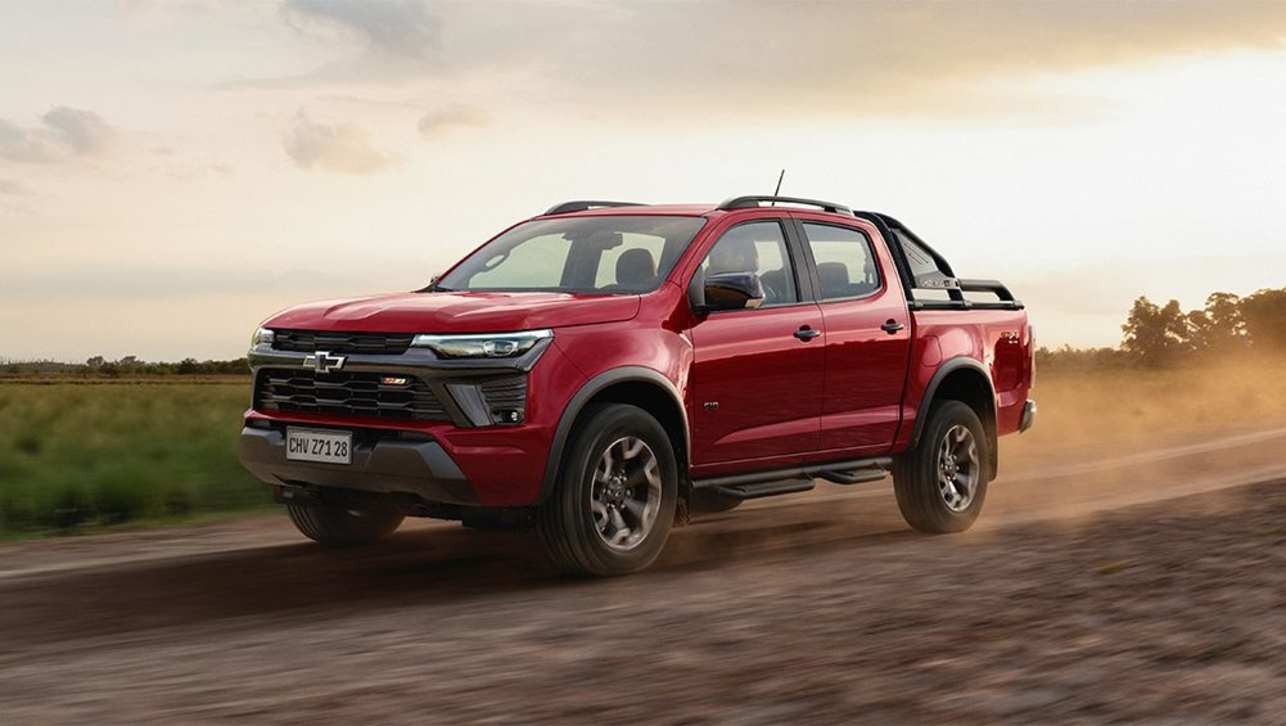
.jpg)
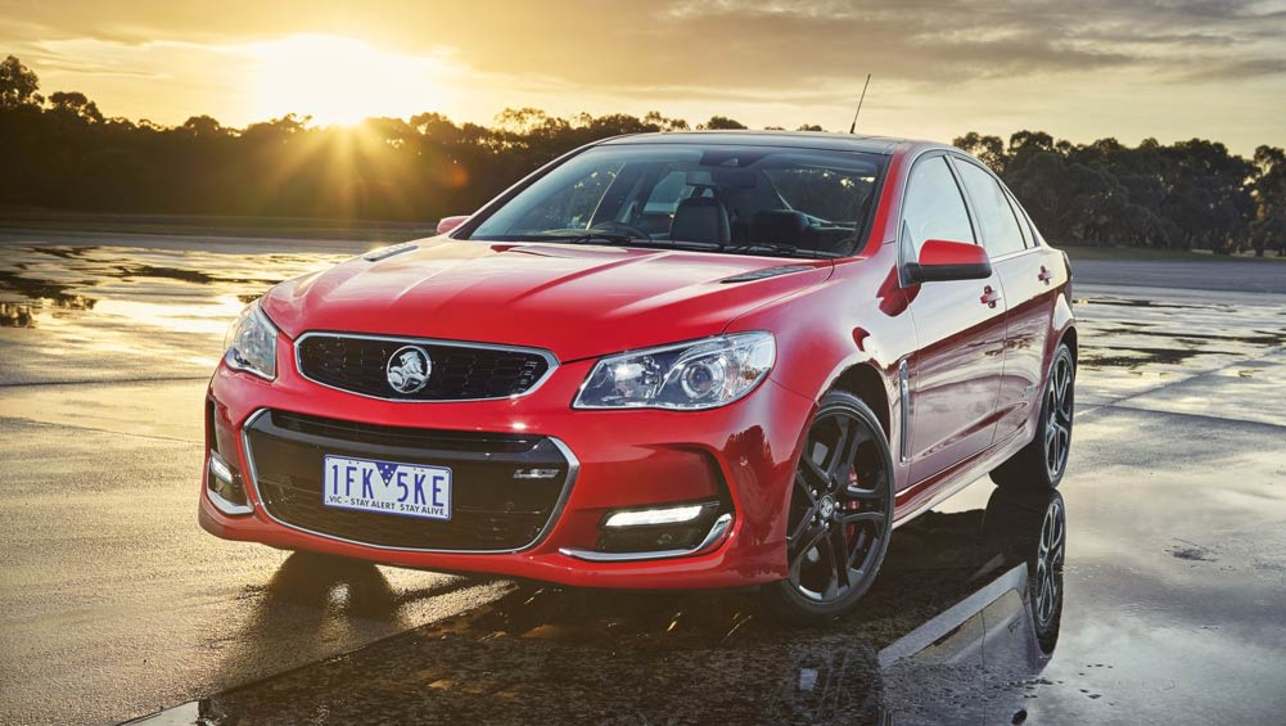
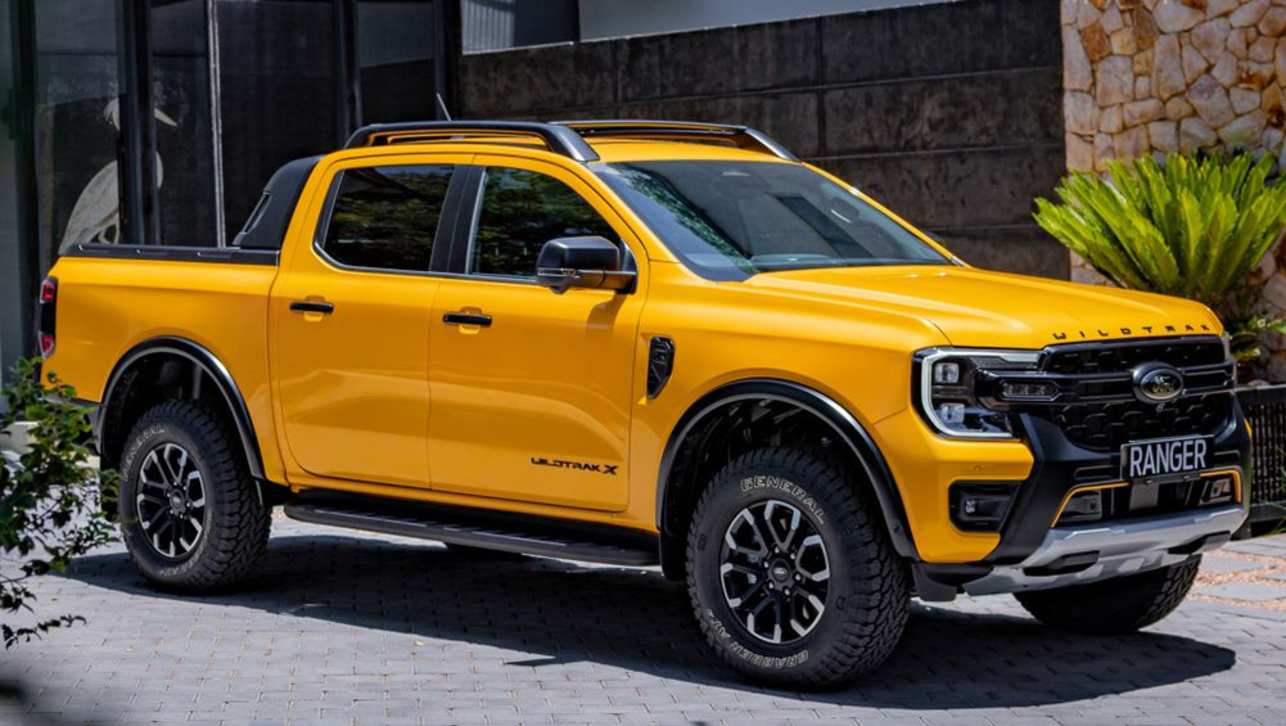
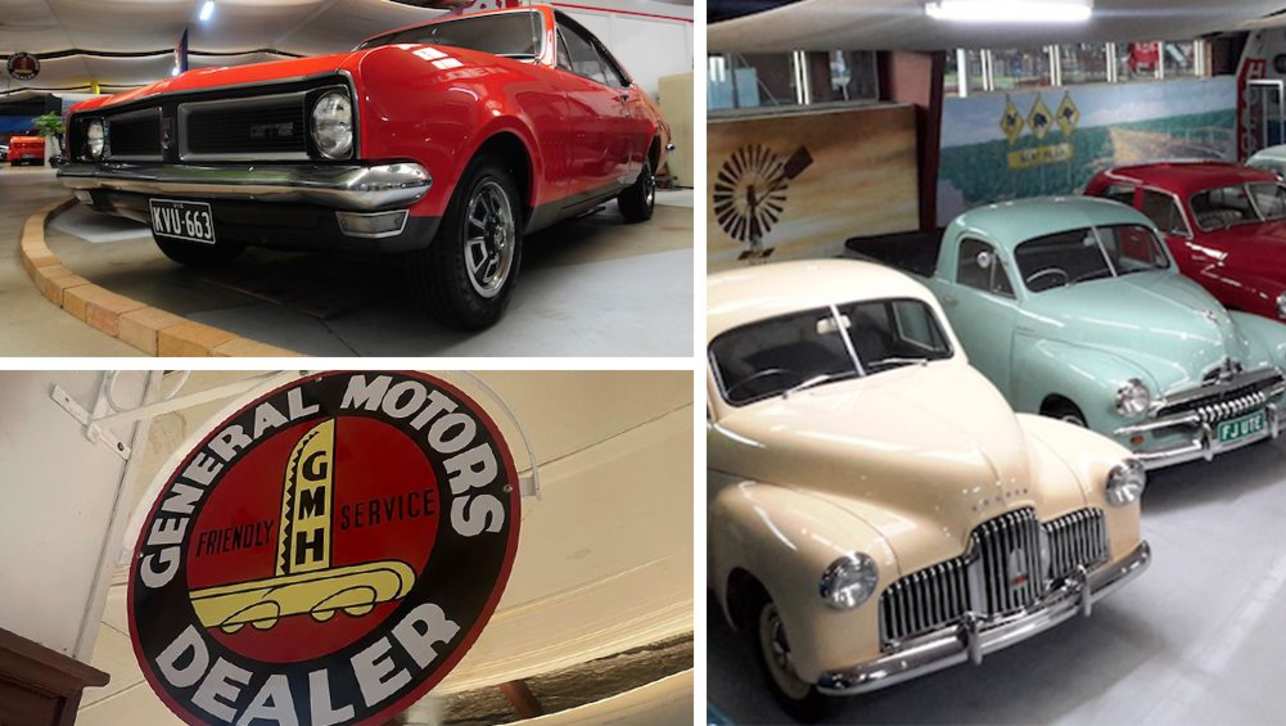




Comments